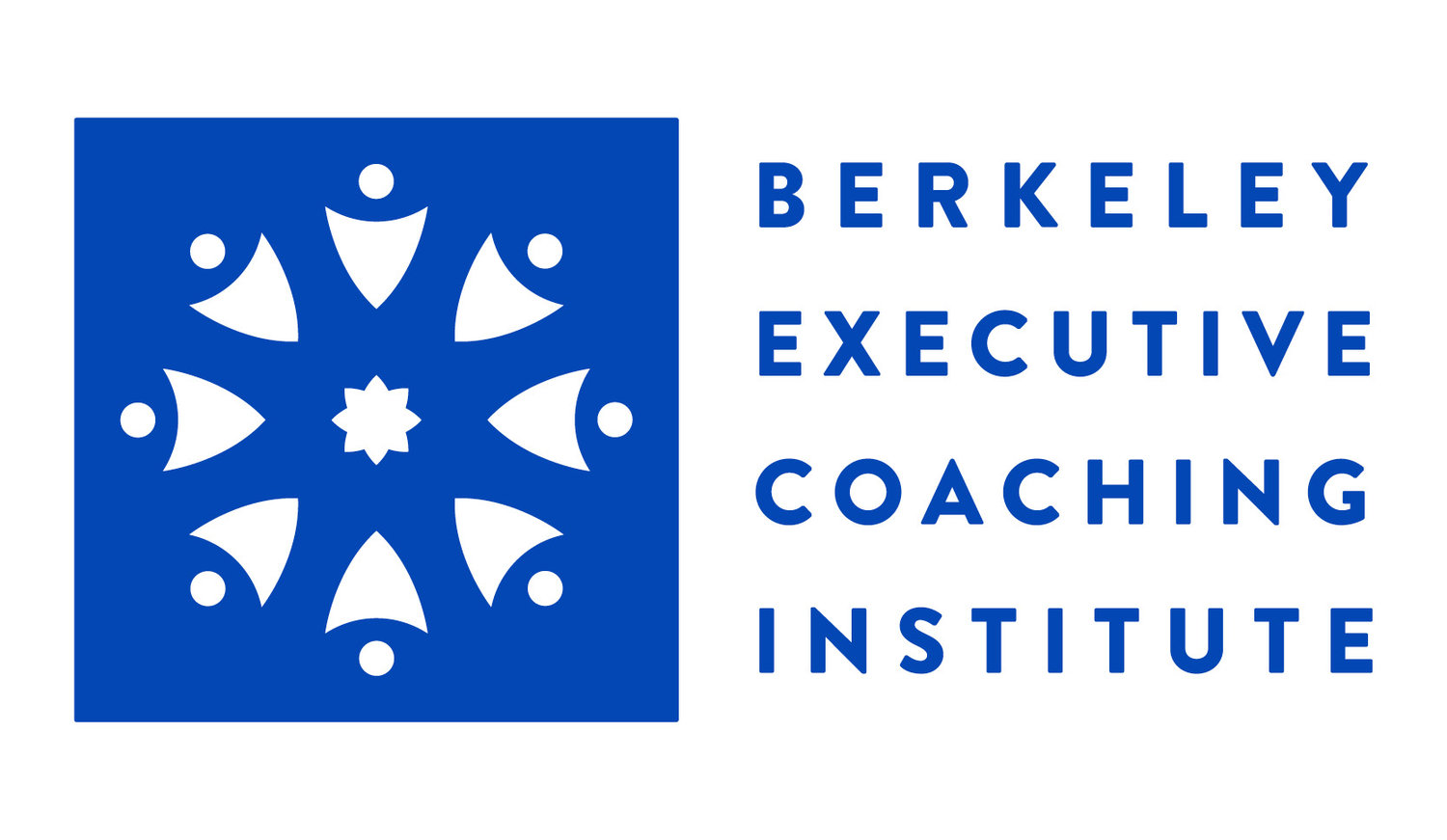It was October 2016, my first day at Berkeley Executive Coaching Institute (Berkeley ECI). The room was full of new faces from all over the globe, full of anticipation and wonder. Dr. Mark Rittenberg walks to the front of the room, faces us with a warm smile, and asks: “So, when did you all decide to be boring?”
Silence. Complete silence.
This single question has stuck with me ever since. What a powerful question that was and still is to me. In all candor, I think I am still pondering my answer. What a gift that is. That single question really made me sit back, reflect, and embark on a journey of self-discovery. And this journey continues today and every day.
I did not want to be boring….so why did I make choices that took me down that path? And what new choices was I going to make? What really, truly mattered to me? Huh. Simple questions with powerful impact.
The Power of Inquiry
Coaching can elicit a very similar response to the experience I had. Coaching is about leveraging the power of inquiry. I have found that powerful, open-ended questions that elicit reflection and deep thought can be extremely powerful in helping someone find a way forward. A way that is genuine to them.
For example, after Berkeley ECI, I made two commitments to myself – to get involved in animal welfare (I joined the Board of Berkeley Humane) and to pursue my certification in Pilates (another passion of mine). I truly believe, had I not heard - and felt - that question, I may have continued to dream about wanting to do these things, including creatively formulating a host of convenient excuses as to why I wouldn’t/couldn’t/shouldn’t do them.
But, I didn’t. I did not want to be boring and one dimensional, so I did it. And the fulfillment I have experienced from these choices cannot be underestimated. I have moved forward, in a way that is genuine to who I am.
Inquiry and Leadership
I have also seen how inquiry can be a very powerful tool as a leader. Not only do great questions encourage the other person to think through a situation in that moment, they also show your respect for them and their abilities.
Questions I often find myself asking others are: “How are you thinking about next steps?” What needs to happen next?” “What is your plan?” or “What are the possible solutions?”
The impact this has had is notable. While before, team members would come to me seeking answers, they now come to me with some well thought out solutions, and we use our time to brainstorm and play out the scenarios. I find that this creates a dialogue and room for experimentation and reflection. It also is a lot more interesting and rewarding for me as the leader. For example, I have often had 1:1s with team mates who have left the discussion saying, “Thanks. That really helped me think this through.”
Inquiry is also a great way to encourage creativity. A question like “What are the possible solutions?” encourages the other person to think big, and consider many options (often ones that have not been considered before).
It can also lead to a dialogue with others. They may start to ask themselves, “What solutions have I not thought of?” “What am I missing?” “Who might help me think this through?”
In a team setting, this can drive creative discussions, build teamwork and encourage creativity in others. In most cases where there is no one right answer, this can be very useful.
For example, my team often arranges brainstorm sessions, and anyone can set these up at any time. The idea is that someone needs some help working through a tough project and the whole team comes together to discuss. Not only are these fun, they are productive and build teamwork. I love it when these meetings happen.
So, as you continue your journey as a leader, I encourage you to think of ways you can: 1) choose to not be boring and 2) bring coaching moments into your work through powerful inquiry.
What are the possible ways this could happen for you? What would this look and feel like for you?
So here’s my question to you: When will you decide to NOT be boring?
Trisha Colton, is Head of Executive Search at Adobe and is a certified Executive Coach by the Berkeley Executive Coaching Institute. She is also a guest contributor to the Berkeley Executive Coaching Institute.
Want to learn more?
The Executive Coaching Certification offers an opportunity for both deep self reflection and the development of the skills required to be a trusted coach to business professionals. Candidates of the program include accomplished business leaders who wish to incorporate executive coaching into their management practice within an organization, as well as individuals who wish to begin or further develop a career as an independent executive coach. Learn more about how it can help you and your team develop as leaders.


